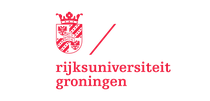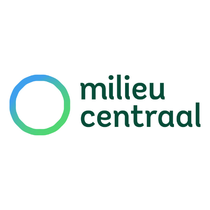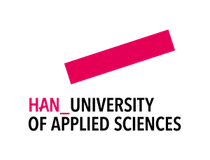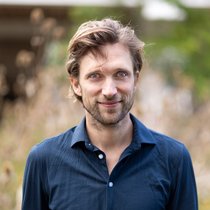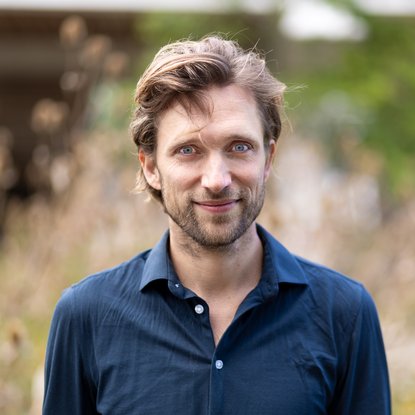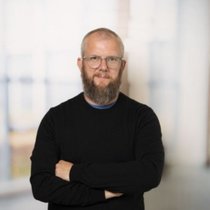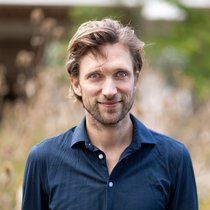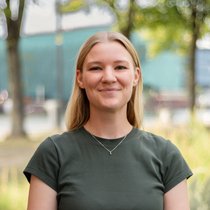What is keeping us from repairing and sharing more?
Electronics and clothing have by far the highest environmental costs among all consumer goods in Amsterdam. Think of your smartphone, laptop, coffee machine and jeans – which you probably all used today. These goods often end up in waste streams with only minor defects. Meanwhile, we keep buying new stuff on and on as a matter of habit. This is why sharing and repairing of electronics and clothing would contribute greatly to circular and climate goals – if only we would do it daily, repairing and sharing instead of buying anew.
Is it naïve to think this is possible, at serious scale? A recent analysis by Planbureau voor de Leefomgeving (PBL) reveals that only 30% of Dutch citizens have reported engaging in repairing devices, despite 75% expressing willingness to do so. Even fewer citizens (less than 1%) participate in sharing, borrowing or renting products and report a lack of trust in sharing, particularly when it involves strangers. Consequently, there is an urgent need to explore strategies to foster trust, acceptance, and broader adoption of sharing and repairing practices throughout urban society.
Goal: Making sharing and repairing part of urban life
The starting point of the ShaRepair project is the rapid proliferation of urban share and repair initiatives across Dutch cities. These initiatives encompass a wide range, from volunteer-driven repair cafes to business-led digital sharing platforms, workplace initiatives, and municipality-led Circular Craft Centers. Nevertheless, their ability to engage citizens in sharing and repairing remains constrained. They often struggle to attract participants from diverse lifestyles, socio-economic backgrounds and age groups. Strategies for scaling up these initiatives are not well understood or developed. Furthermore, there is limited understanding of how sharing and repairing can be extended to a diverse array of everyday life contexts, including workplaces, neighbourhoods, and community groups.
Accordingly, the goal of this project is to co-create and test interventions and products/services designed to (a) engage more citizens from diverse lifestyles and backgrounds in sharing and repairing electronics and clothing and (b) integrate sharing and repairing more easily and widely in our daily lives in the city.
The three ShaRepair Living Labs
We will do this in three real-world living labs, coordinated by AMS Institute. In the first living lab, we will map and enrich the network of urban repair services for citizens in Amsterdam. Here, we work closely together with the municipality of Amsterdam, which intends to boost and scale repair services in the city as part of their Uitvoeringsagenda Circulaire Economie 2023-2026.
The second living lab takes on IT hardware in the workplace, like laptops and smartphones. These devices typically last only 2 to 5 years. Strategies for lifetime extension of IT devices - caring and repairing your equipment to make them last longer – face cultural and social norm barriers. The core question of this living lab is: What services can we develop that increase confidence and acceptance in repaired and refurbished devices among both employees (citizen-consumers) and IT support departments? We will do this together with the Circular IT Group, a group of 14 companies specialized in circular IT solutions and extending IT asset lifecycles to reduce environmental impact.
The third living lab is all about sharing. Here, we will test behavioral interventions to engage people from diverse lifestyles and cultural backgrounds in sharing practices. Think of sharing of consumer goods through online platforms or in local communities, in formal settings or informal networks, and how these play out in contrasting neighbourhood settings. This living lab is hosted by Milieu Centraal in close collaboration with the municipality of Wageningen.
“If you look at the environmental impact of Amsterdam citizens, it’s our consumption of goods that has the biggest footprint by far. Bigger than flying, bigger than energy, bigger than meat. If we succeed in cutting this consumption cycle by half, we can actually meet our circular policy goals. Sharing and repairing are essential to this. They need to become part of everyday life.”
Joppe van Driel
Team lead Program Development Team, Program Developer
Social science meets Circular Design Research meets Environmental Economics
Three scientific disciplines will meet to make this possible. A team of social scientists from Wageningen University will use Social Practice Theory to examine how sharing and repairing practices are shaped by meanings, skills, material conditions and institutional contexts. They will develop a typology of sharing and repairing practices and analyze how these types of practices can be embedded in the daily lives of diverse social groups. This forms input for a team of design researchers at TU Delft. They will use co-creative design methods to develop ways to adapt and scale these practices in workplaces, neighborhoods and community groups. Lastly, a research team from Groningen University will combine life cycle assessments with environmental economics to understand how (negative) rebound effects and (positive) spillovers turn out when behavior shifts towards circularity. Efforts to reduce resource consumption in one way often end up increasing consumption in other ways. The team will develop an environmental assessment tool that can be used to monitor the impact of sharing and repair practices.
| Duration: |
|
| Related Information: |
Project members
Partners




